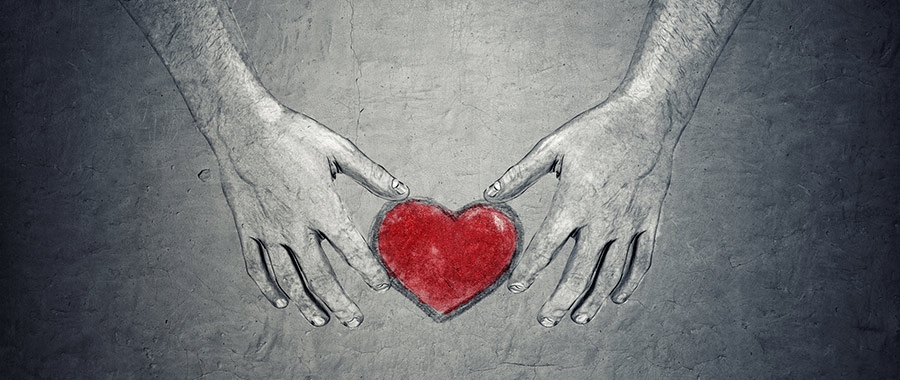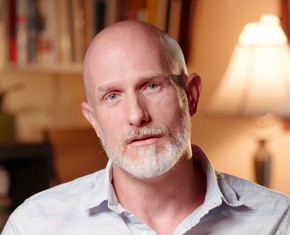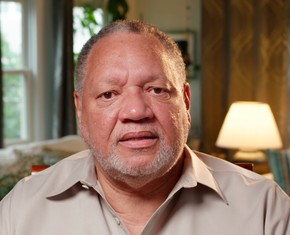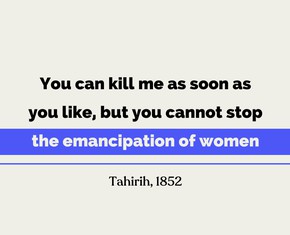The views expressed in our content reflect individual perspectives and do not represent the authoritative views of the Baha'i Faith.
Do you believe that human beings are inherently violent? Or do you believe that at some point in humanity’s future we could actually have peace?
If you look back into human history, the past evidence for a potential future peace doesn’t seem very strong. We’ve had a little more than three thousand years of reliably-recorded history, and the eminent historians Will and Ariel Durant, in their book The Lessons of History, said “In the last 3,421 years of recorded history only 268 have seen no war.” – p. 81.
That computation, if it’s correct, means that eight percent of our history has been peaceful—and that 92% of the time, we’ve been at war.
But of course, our history has had blood on its hands for much more time than even those statistics would indicate. We’ve had violence and wars for far longer than just the span of reliable historical record-keeping, as the archaeological evidence clearly and consistently shows. Probably the best-known example is Jebel Sahaba, otherwise known as Site 117, a 12,000-year-old cemetery along the banks of the Nile River in what is now Sudan. In 1964, archaeologists discovered Site 117, and analyzed what they found there. They unearthed 61 individual skeletons—and of those men, women, and children, at least 45% percent died of violent wounds. The skeletal remains also revealed healed cut marks and wounds on many bones, evidence of repeated conflict and violence that showed a persistent pattern of warfare. These results have been repeated over and over in many different places in the world, indicating that the distant past was a very violent one.
The facts would argue, many people say, for the prevalent theory that violence and war are inherent parts of human nature—that we are doomed to fight and die in violent conflicts.
On the other hand, see if you can answer this question: What was the most peaceful time in human history? The answer, clearly, is today—right now.
Harvard scientist and author Steven Pinker’s book The Better Angels of Our Nature points out that archaeological studies from 21 prehistoric sites from as far back as 16,000 years ago reveal a very high 15% violent death rate, proven, like Jebel Sahaba, because of trauma evidence in the skeletal remains. Similar examinations of burial sites from eight prehistoric hunter-gatherer societies demonstrated a violent death level of about 13 percent—but in ten studies of hunter-farmer cultures and other tribal peoples the rate rose to almost 30%. Gradually, though, as civilizations grew the levels of violence decreased—the Middle Ages hovered under a 10% violent death level and slowly dropped over time.
Pinker’s research statistically proves that when we reached the first half of the 20th century—even with all of its devastation, genocide and human suffering during two world wars—that human civilization had achieved a much lower violent death rate of three percent.
Today, that number has dropped significantly. We have made remarkable progress towards peace. Despite proxy and civil wars, in the second half of the 20th century, none of the top 44 nations in GDP entered into warfare with each other. The European powers previously started an average of two armed conflicts each year since 1400—but for the past seven decades, this violent pattern has totally ceased. Since 1945, the brutal age of colonization ended—no nation has added new territory by force, and the European colonial powers have actually given up the bulk of their conquered lands.
During the 21st century so far, the relative levels of violent death have declined to an astronomically low point in comparison with previous centuries: 0.03%. That represents a rate a hundred times less than the first half of the past century; 500 times less than typical prehistoric levels of brutality; and nearly 1000 times below the average rate for hunter-horticulturalists and other tribal groups.
So we have collectively begun, as the Baha’i teachings have recommended since their revelation in the middle of the 19th Century, to embark on a completely new era of human development:
Ignorant prejudices are being dispelled, and the light of unity is shining. The differences existing between nations and peoples will soon be annulled, and the fundamentals of the divine religions, which are no other than the oneness and solidarity of the human race, are being established. For thousands of years the human race has been at war. It is enough. Now let mankind, for a time at least, consort in amity and peace. Enmity and hatred have ruled. Let the world, for a period, exercise love. For thousands of years the nations have denied each other, considering each other as infidel and inferior. It is sufficient. We must now realize that we are the servants of one God, that we turn to one beneficent Father, live under one divine law, seek one reality and have one desire. Thus may we live in the utmost friendship and love, and in return the favors and bounties of God shall surround us; the world of humanity will be reformed; mankind, enjoy a new life; eternal light will illumine, and heavenly moralities become manifest.
Then divine policy shall govern the world, for the divine policy is the oneness of humanity. – Abdu’l-Baha, The Promulgation of Universal Peace, p. 65.
The oneness of humanity—the central principle of the Baha’i teachings—calls on us all to recognize that violence, armed conflict and war must become relics of a brutal past, consigned to the rubbish heap of history and no longer the bane of human existence.
















Comments
Sign in or create an account
Continue with Googleor